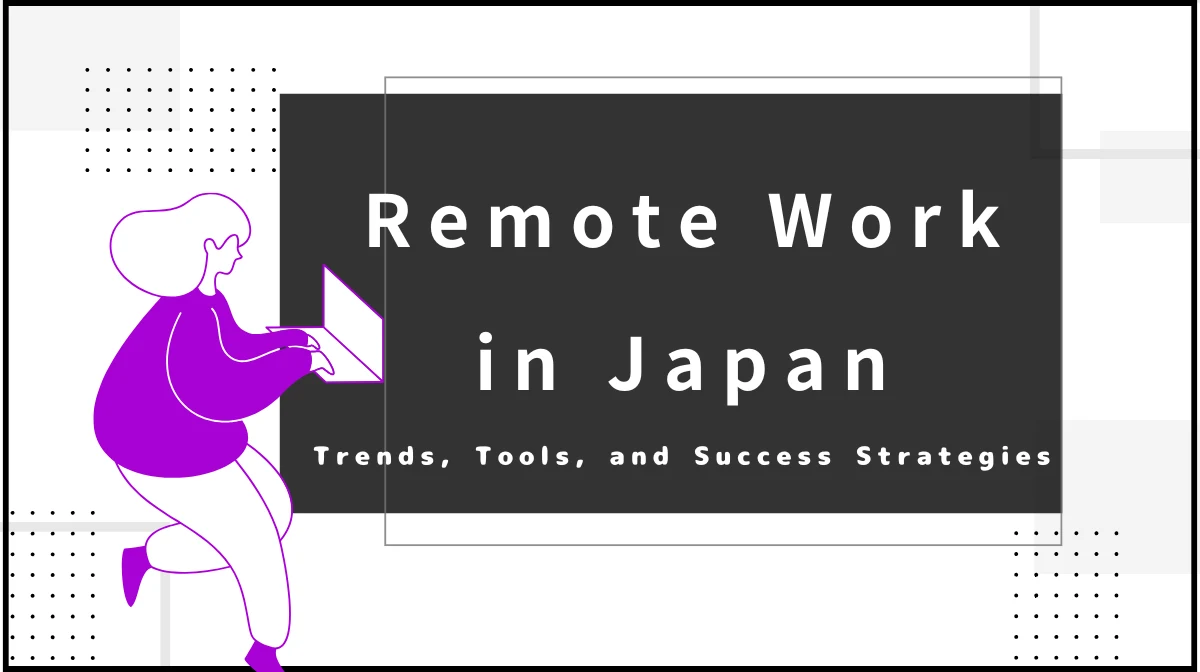Remote work in Japan offers foreign professionals unprecedented flexibility, but success requires understanding unique cultural expectations and legal requirements. This guide covers everything you need to know about thriving in Japan’s evolving remote work landscape.
- Japan’s remote work trends and adoption statistics
- Essential tools, spaces, and legal requirements
- Cultural communication tips for foreign workers
1. Remote Work in Japan: Current Status and Future Trends
Remote work adoption in Japan reached 24.8% among employed workers in 2024, according to the Ministry of Land, Infrastructure, Transport and Tourism. While slightly down from the pandemic peak of 26.1%, this remains significantly higher than pre-2020 levels.
The Tokyo metropolitan area leads with 28.0% adoption, while regional areas lag at 8.8%. Large companies with over 10,000 employees show the highest rates at 38.2%, indicating remote work has become a permanent fixture in corporate culture.
The Rise of Hybrid Work Models
Japanese companies increasingly favor hybrid arrangements over full remote work, reflecting Japan’s preference for maintaining team cohesion while offering flexibility. Most professionals now work 1-4 days remotely per week.
Engineering roles demonstrate the highest compatibility with full remote work due to measurable outputs and reduced need for face-to-face collaboration.
■Related Reading
Understanding Japanese workplace culture is essential before starting remote work to navigate expectations and communication styles effectively.
2. Essential Tools and Spaces for Remote Work in Japan
Creating an effective remote work environment requires careful selection of digital tools and physical workspaces that align with Japanese business practices.
Communication and Productivity Tools
Effective remote work requires robust communication infrastructure. Team chat platforms facilitate real-time collaboration, while project management tools ensure transparency across distributed teams.
Security considerations
- Use enterprise-grade translation tools that don’t store data
- Avoid free services for confidential information
- Implement VPN connections for sensitive work
Top Coworking Spaces for Remote Professionals
Blink Smart Workspace (Roppongi)
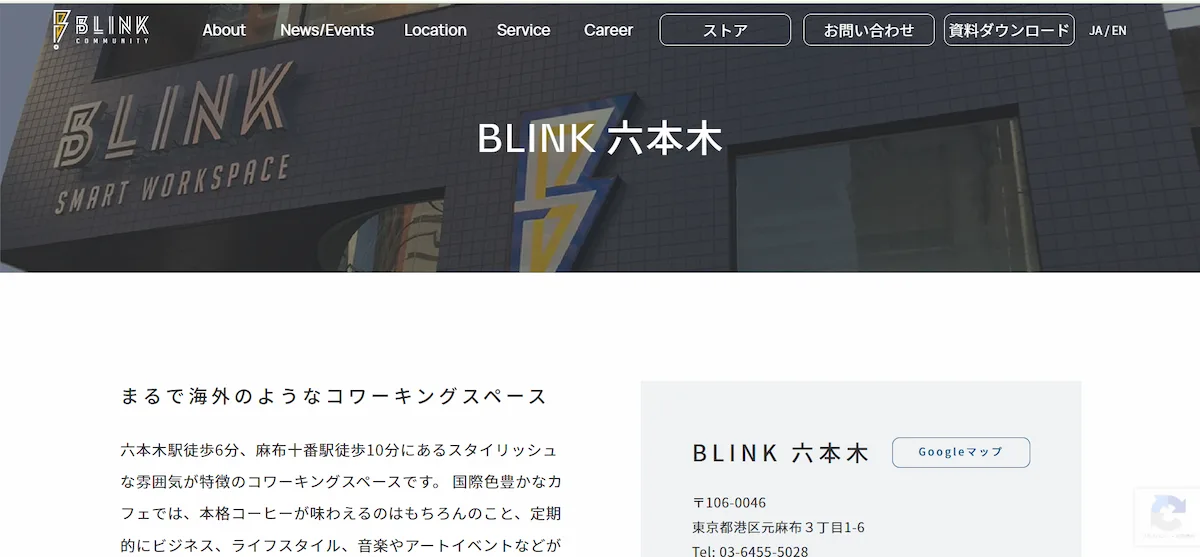
offers a global environment with dedicated phone booths for online meetings. The café lounge creates a cosmopolitan space where international professionals gather.
HarborS Omotesando
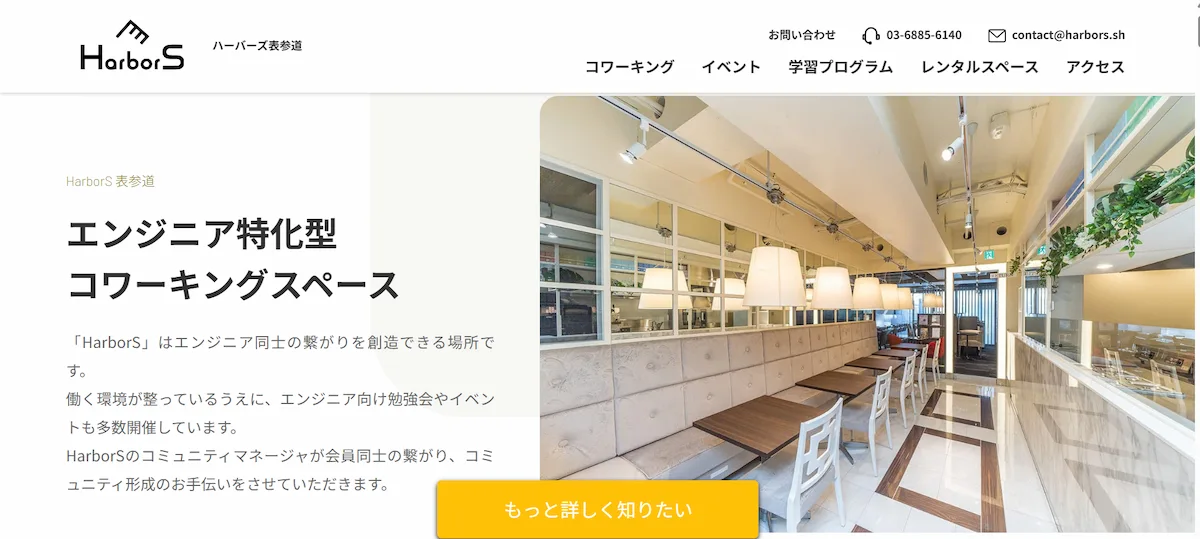
features extensive technical book collections and free mobile display rentals, with bright interiors including terrace seating.
CASE Shinjuku
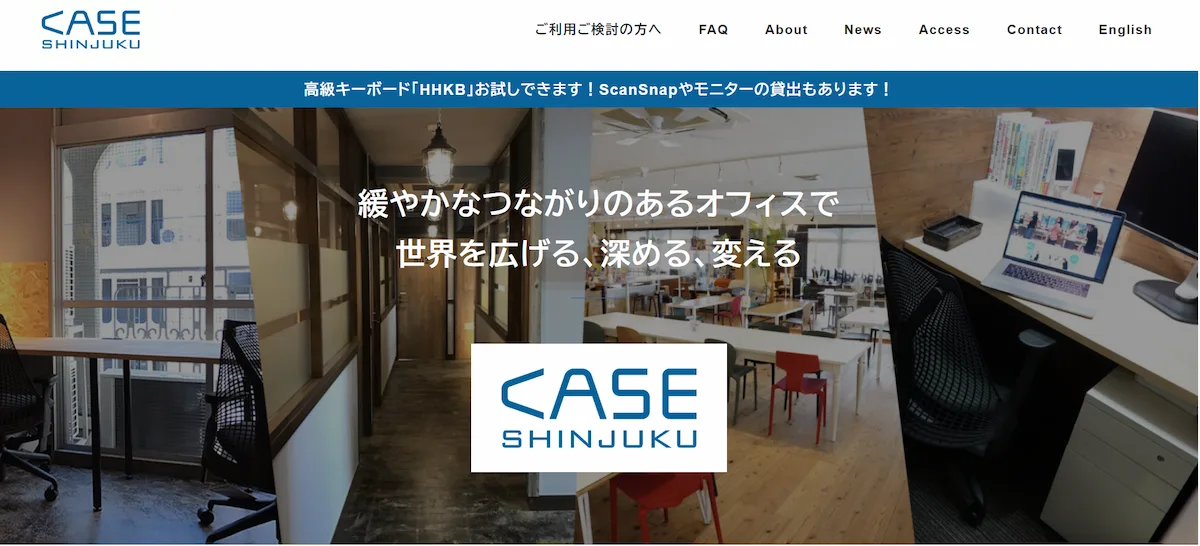
specializes in creative engineers with rich networking opportunities and business financing consultation services.
+OURS Shinjuku
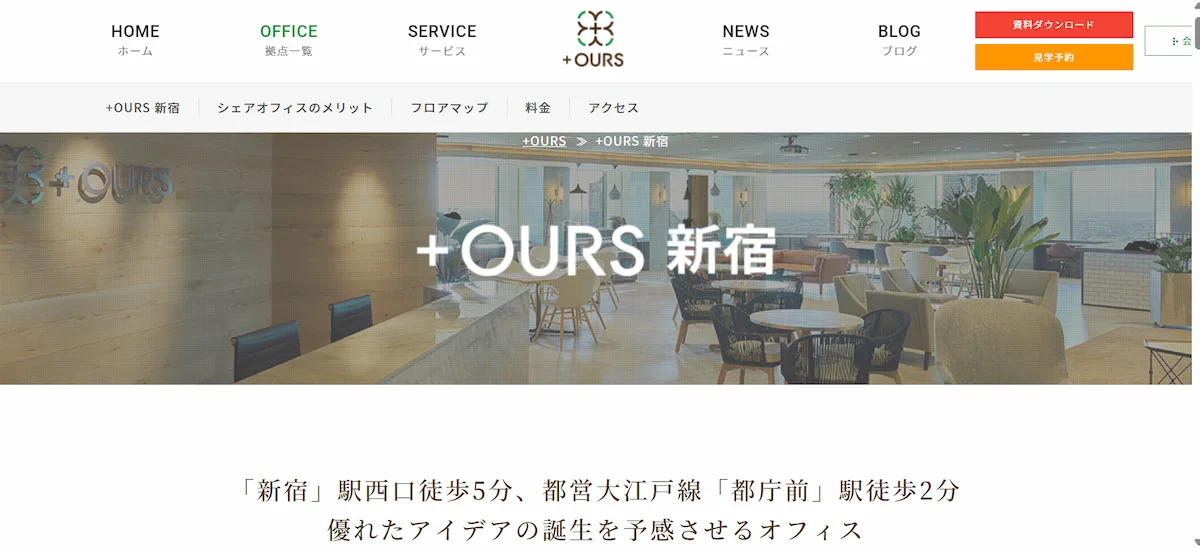
provides panoramic city views with concentration-friendly booth seating and communication zones.
.andwork Shibuya
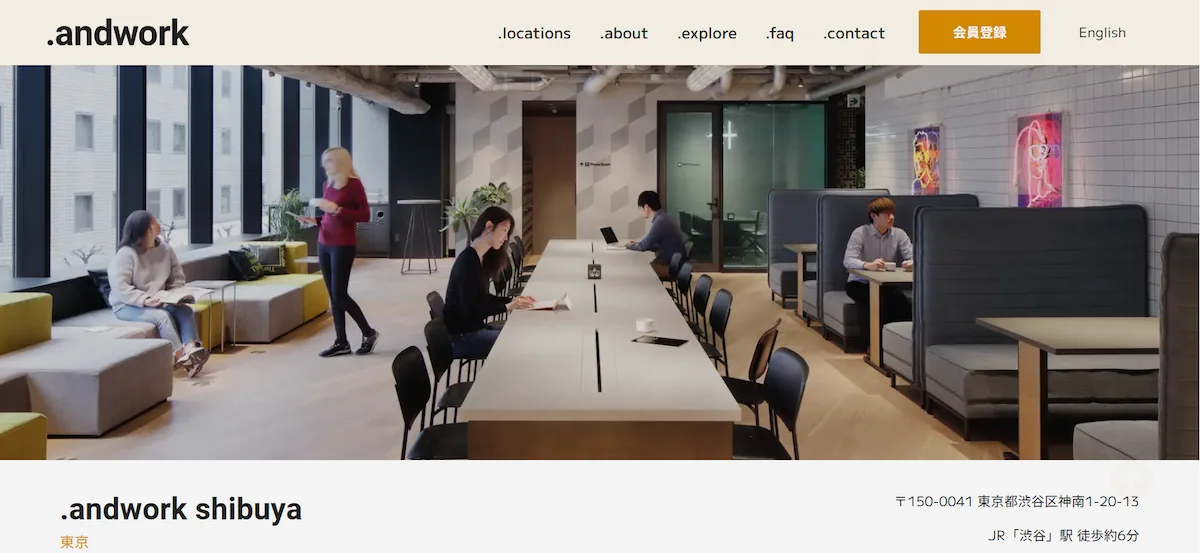
combines hotel amenities with workspace functionality, featuring power nap services, shower facilities, and an international professional lounge.
■Related Reading
Learning about Japanese business practices will help you choose the right tools and communication methods for remote collaboration.
■日本でエンジニアとしてキャリアアップしたい方へ
海外エンジニア転職支援サービス『 Bloomtech Career 』にご相談ください。「英語OK」「ビザサポートあり」「高年収企業」など、外国人エンジニア向けの求人を多数掲載。専任のキャリアアドバイザーが、あなたのスキル・希望に合った最適な日本企業をご紹介します。
▼簡単・無料!30秒で登録完了!まずはお気軽にご連絡ください!
Bloomtech Careerに無料相談してみる
3. Navigating Common Remote Work Challenges in Japan
Remote work in Japan presents unique challenges that foreign professionals must navigate strategically. From policy shifts to cultural expectations, understanding these key areas ensures smooth operations and career continuity.
Company Policy Changes
When companies shift from remote to office-first policies, check your employment contract’s workplace change clause. Recent labor law amendments require written specification for contracts signed after April 2024.
Steps to take
- Review your employment contract terms
- Document productivity metrics from remote work
- Propose gradual transition schedules if needed
- Present business cases for continued flexibility
Managing Confidential Information
Remote work demands strict adherence to security protocols. Best practices include using company-provided devices only, working from private rooms in coworking spaces, avoiding public Wi-Fi for sensitive tasks, and implementing proper screen privacy measures.
Handling Time Zone Differences
Working with global teams requires proactive planning. Schedule real-time communication windows in advance, use apps showing team availability, and choose appropriate times for messages to maintain work-life balance.
Remote Work Allowances
Some companies provide allowances for home office expenses like utilities, internet, or furniture. These aren’t legally required but may be offered to boost productivity and motivation.
Overseas Business Travel Coverage
Whether overseas business travel counts as remote work depends on company policies. Work performed under Japanese company direction during business trips typically falls under Japanese labor law coverage.
Early Return and Residence Status
Foreign nationals planning temporary returns home must obtain “deemed re-entry permission” before departure. Re-entering within one year maintains residence status without reapplication.
■Related Reading
Proper visa documentation is crucial for remote work compliance and maintaining your legal status while working from Japan.
4. Mastering Communication in Japanese Remote Work Culture
Effective communication requires understanding cultural nuances and building relationships despite physical distance.
Understanding Indirect Communication
Japanese business culture relies on context and subtlety. “We’ll consider it” often means “unlikely,” while “We’ll think positively about it” may indicate polite rejection.
The “horenso” system (reporting, communicating, consulting) remains central. Establish regular check-ins and share progress updates proactively. Join online meetings 5 minutes early and respond to messages within 24 hours.
Overcoming Language Barriers
Prepare key Japanese phrases before important meetings. When confused, politely ask for clarification: “Sumimasen ga, mou ichido setsumei shite itadakemasu ka?” (Could you please explain that again?)
Master essential expressions
- “Otsukaresama desu” (Thank you for your hard work)
- “Itsumo osewa ni natte orimasu” (Thank you for your continued support)
- “Go-kakunin no hodo, yoroshiku onegaishimasu” (Please confirm)
Use chat tools strategically and screen sharing for visual explanations that overcome language barriers.
Building Remote Relationships
Japanese workplace relationships extend beyond tasks. Invest in casual conversation before and after meetings. Share appropriate personal updates and show interest in colleagues’ well-being.
When problems arise, present solutions alongside issues: problem description, cause analysis, proposed solutions, and needed support.
Avoiding Cultural Misunderstandings
Japanese culture avoids direct confrontation. When disagreeing, use softening phrases like “You’re absolutely right. However…” instead of direct opposition.
Emphasize team harmony with phrases like “for the team’s benefit.” Show humility with “If my understanding is correct…” and express gratitude with “That’s very helpful”
■Related Reading
Understanding overtime regulations is important for remote workers to maintain healthy boundaries and comply with Japanese labor laws.
■日本でエンジニアとしてキャリアアップしたい方へ
海外エンジニア転職支援サービス『 Bloomtech Career 』にご相談ください。「英語OK」「ビザサポートあり」「高年収企業」など、外国人エンジニア向けの求人を多数掲載。専任のキャリアアドバイザーが、あなたのスキル・希望に合った最適な日本企業をご紹介します。
▼簡単・無料!30秒で登録完了!まずはお気軽にご連絡ください!
Bloomtech Careerに無料相談してみる
5. Career Development in Remote Work Environments

Building a successful remote career requires strategic visibility management and continuous skill development.
Making Your Contributions Visible
Document achievements with specific metrics and share regular progress reports. Use project management tools to share real-time progress and actively propose process improvements.
For foreign engineers, emphasize unique strengths like multilingual capabilities and international perspectives through contributions to internal wikis and cross-cultural collaboration.
Avoiding Evaluation Disadvantages
Combat reduced visibility through strategic communication
- Schedule consistent one-on-one meetings with supervisors
- Prepare specific metrics for performance reviews
- Contribute actively to team projects and mentor colleagues
- Participate in virtual company events
During evaluations, use concrete evidence: “I improved XX process efficiency by 15%” or document positive client feedback.
Building Long-term Success
Balance cultural adaptation with professional growth. Invest in Japanese language skills while leveraging your international background as a competitive advantage.
Establish daily habits of sharing morning schedules and end-of-day accomplishments. Include specific numbers in reports to demonstrate contributions clearly.
■Related Reading
Remote work opens new career advancement opportunities that require strategic planning and understanding of Japanese promotion culture.
6. Mastering Remote Work in Japan
Remote work in Japan offers tremendous opportunities for foreign professionals who understand cultural expectations and legal requirements. Success comes from combining technical skills with cultural adaptation, maintaining clear communication, and building strong professional relationships.
Key elements for thriving include mastering indirect communication styles, leveraging appropriate tools and spaces, understanding residence status requirements, and actively managing professional visibility. By following these strategies and remaining adaptable, you can build a rewarding career while contributing meaningfully to your organization’s success.

